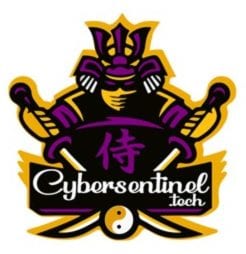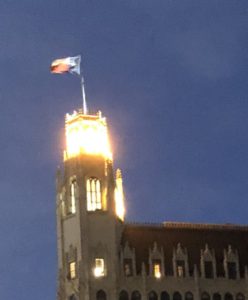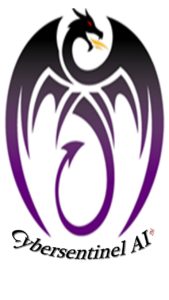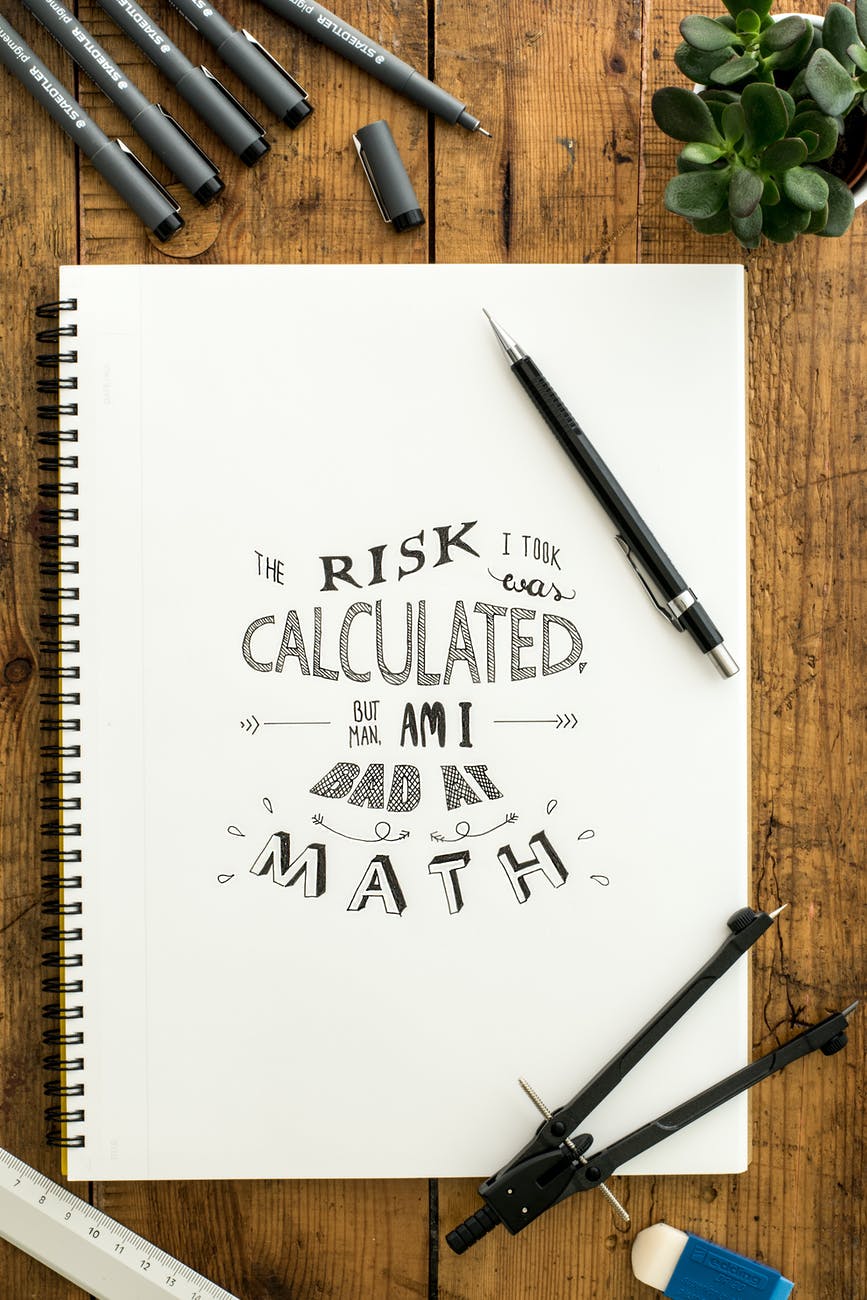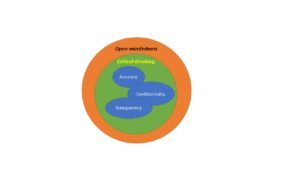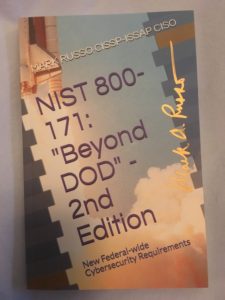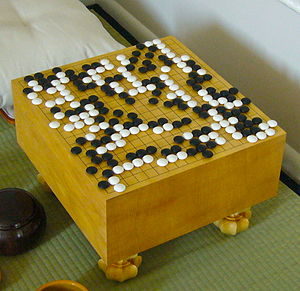What Good is Theory Without Application?

A Matter of Whether You Want to Go to the Dance
The use of a theoretical framework is most associated with the quantitative research approach, where a hypothesis is tested from an existing theory (Creswell & Creswell, 2018). Theory is defined as “a plausible or scientifically acceptable general principle or body of principles offered to explain phenomena” (Merriam-Webster’s dictionary, 2019). Theory flows to a conceptual framework and is a logical pathway to an applied solution. Gornik-Tomaszewski and Choi (2018) make such an assertion in terms of the financial accounting community. They offer that conceptual frameworks lead to new and improved standards or underlying concepts (Gornik-Tomaszewski & Choi, 2018). While theory is foundational to knowledge, its application in the real-world is a product of both the theoretical and conceptual frameworks working together to solve or improve upon a solution to a problem.
Tasca, Ensslin, Sandra, and Bernardete (2010) in their academic work, created courses of action to select and evaluate data for improving the training program of Military Police in Brazil. They leveraged secondary literature sources to define objective standards, and from an initial theoretical approach—what I would describe as a theoretical-quantitative sub-category. Their work was intended to provide conceptual measures that could be employed to understand and improve the state of training among the selected police officers. Tasca et al. (2010) described a theoretical effort: “(1) selecting databases for the research, (2) article selection in the databases; and (3) bibliometric analysis for the theoretical framework selected” (Tasca, Ensslin, Sandra, & Bernardete, 2010, p. 637). This example describes how the theoretical framework can be transitioned to an ability to improve law enforcement training in a future applied solution.
The application of the conceptual creates follow-on actionable efforts by others. An example drawn from Husch’s (1992) conceptual framework for solving the early 1990’s drug problem was through legislation and education to modify acceptable behavior toward the use of drugs (Husch, 1992). He created a conceptual framework that could be used by policymakers to address the continuing challenge of drug use in the United States (US). He provided a game plan to take objective analysis of the numbers and their implications to the US economy and applies them to solving the continuing and demanding social problem of drug addiction. Husch (1992) accomplishes this by emphasizing specific and conceptual solutions focused on improving laws and education, respectively.
Conclusion
Theoretical and conceptual frameworks are mutually supportive of human learning and understanding. The theoretical approach to a study leverages established and widely-accepted objective norms that are typically considered scientifically acceptable (Merriam-Webster’s dictionary, 2019). The conceptual is equally vital to the acquisition of knowledge, and a leading contributor to reducing uncertainty; without clearly defined concepts, mental life would be chaotic (Hills & Gibson, 1992). Theory and concept provide a mechanism for addressing, analyzing, and solving challenges in an orderly and structured manner to improve overall human knowledge.
Theory lights the stage, and Concept does the dance.
References
Creswell, J. W., & Creswell, J. D. (2018). Research design: Qualitative, quantitative, and mixed methods approaches (5th ed.). Thousand Oaks, CA: Sage.
Gornik-Tomaszewski, S., & Choi, Y. C. (2018). The conceptual framework: Past, present, and future. Review of Business, 38(1), 47-58. Retrieved from https://franklin.captechu.edu:2074/docview/2085000705?accountid=44888
Hills, J., & Gibson, C. (1992). A conceptual framework for thinking about conceptual frameworks: Bridging the theory-practice gap. Journal of Educational Administration, 30(4), 4. Retrieved from https://franklin.captechu.edu:2074/docview/220451757?accountid=44888
Husch, J. A. (1992). Culture and US drug policy: Toward A new conceptual framework. Daedalus, 121(31), 293. Retrieved from https://franklin.captechu.edu:2074/docview/210572773?accountid=44888
Tasca, J. E., Ensslin, L., Sandra, R. E., & Maria Bernardete, M. A. (2010). An approach for selecting a theoretical framework for the evaluation of training programs. Journal of European Industrial Training, 34(7), 631-655. doi:http://franklin.captechu.edu:2123/10.1108/03090591011070761
theory. 2019. In Merriam-Webster.com. Retrieved July 13, 2019, fromhttps://www.merriam-webster.com/dictionary/theory
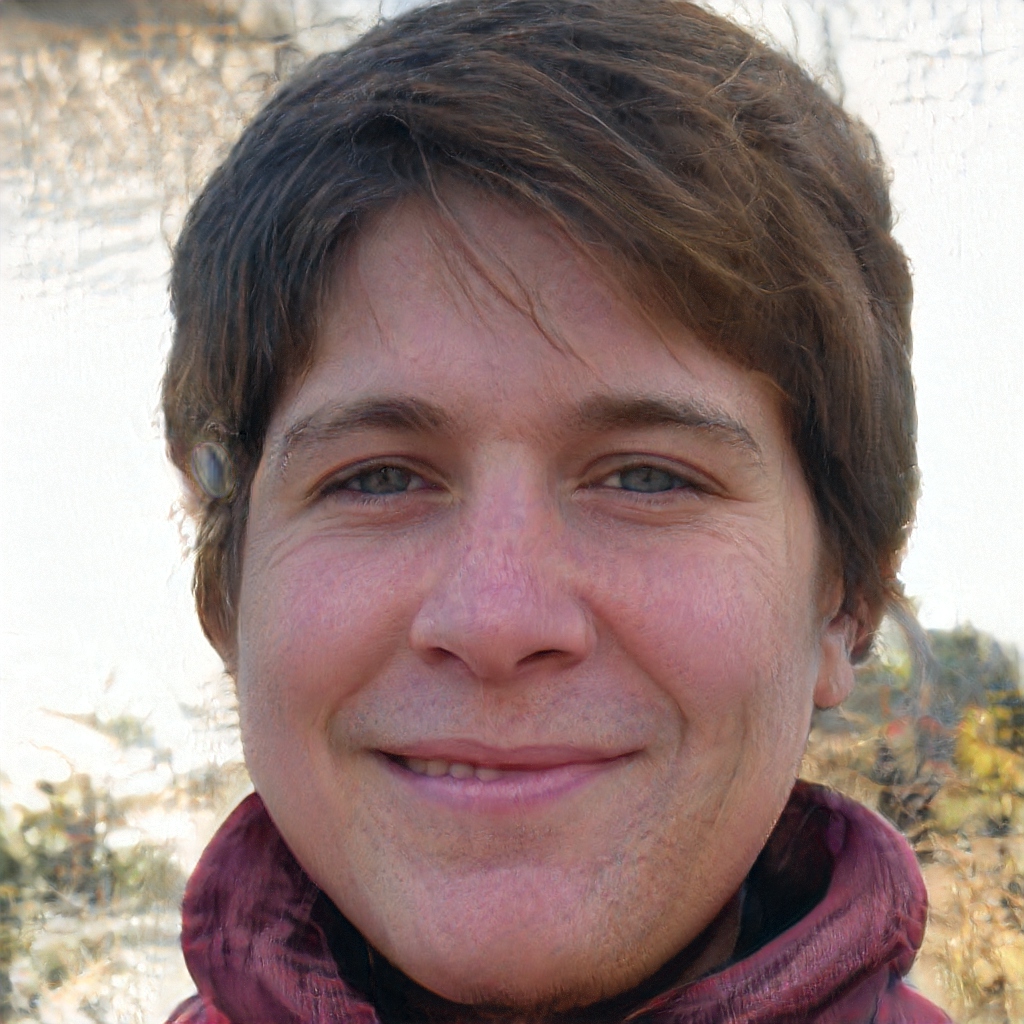
Ms. Columbus has worked in the Intelligence Community (IC) for over 20 years. She retired from the US Air Force in 2014 after working as a Senior Advisor providing authoritative advice on all aspects of Cyberspace operations, force structure and organizational concepts. She oversaw strategic support activities to enable the right mix of cyber capabilities for future operations.
